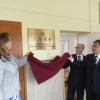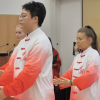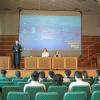Just Bring Your Own Skills to the Table, where Everyone is Sitting!
2021
Feb
18
The Faculty of Engineering and Information of the University of Pécs organized a competition titled “Being a Woman Engineer, Becoming a Woman Engineer” in 2020. Through the entries, they aimed to highlight through what the engineering profession is like from a woman’s point of view, as well as the appealing, interesting qualities of the process of studying and becoming an engineer, which can provide self-fulfilment for women in the 21st century. I asked the winner of the video category, Ons Ben Dhaou, 3rd year PhD student in Architectural Engineering from Tunisia, about her experiences.
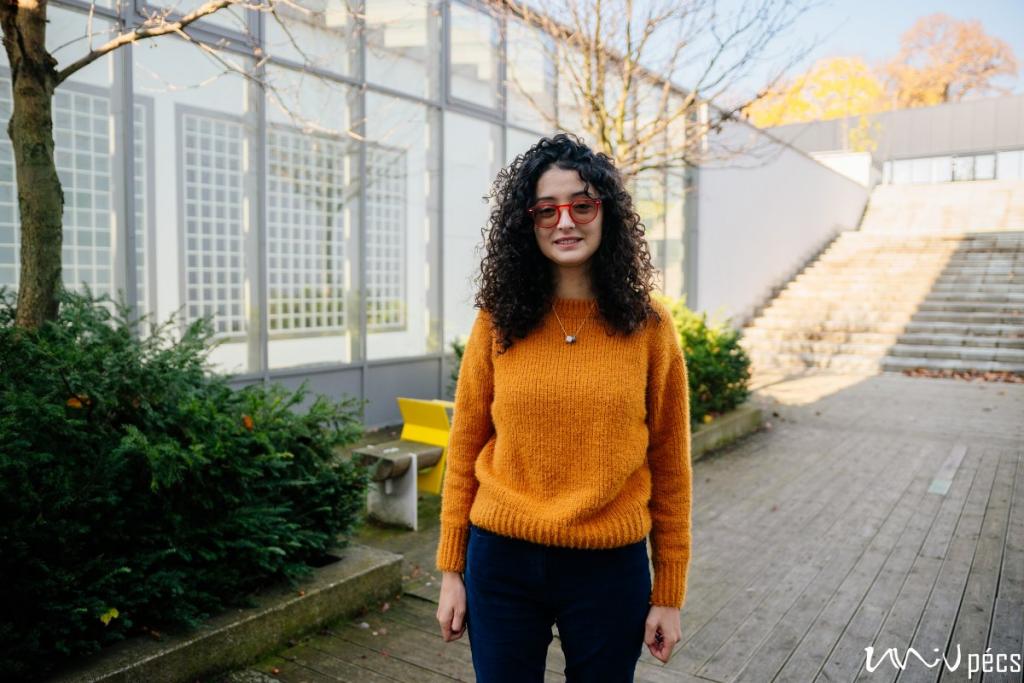
Why did you choose Hungary?
I have always been excited about learning and curious about new adventures. I came to Hungary because I wanted to study abroad for my PhD degree. The University of Pécs has many international students from all over the world, it is one of the oldest and best universities and also it is known by its great reputation for architectural engineering; that encouraged me to come here, to Hungary and specifically to Pécs.
There was a competition organized by the Faculty of Engineering and Information Technology with the topic women engineers, in which you have won the first prize in the video category. Why did you choose to enter?
I was just sitting at home, when my friend, who is also Tunisian, sent me the call for application. I read all the descriptions in detail, and participated with a video, which we filmed during my participation in the promotion video of the faculty. I do not know how it happened, but I won! I was really so surprised when they contacted me! I did not expect it!
What was your intention that you wanted to communicate through your video? Do you think that women have a more difficult position in engineering?
I think it is so meaningful to observe that women’s participation in this science-based profession has increased, and the labour market has become more open to women, who have engineering, science and technology degrees, and the working environment of those fields has continuously improved to better include women. I think now there is really no difference between men and women. In my experience, even when I was in high school, I was one of eight women in technical science in a class of seventy. It might be a little bit strange to say that I have never felt that I have been treated different because I am woman. I have always received technical feedback related to my work, not to me as a woman. I have always been treated as an equal. Sometimes I hear my friends saying that they faced these issues, but I have never been treated different. I do not know whether this was by chance or maybe people started to understand that even if you are a woman you can fulfil so many “manly” tasks.
What did you study before coming to Hungary?
I got a bachelor degree in interior design, and then I achieved a research master degree in urban planning. When I got my master's degree, I was working part-time, as an interior designer, at an architectural agency. Managing everything was not easy, but I had a few strategies for getting through it all.
.jpg)
How challenging do you find studying in English?
For me, it is a new experience. At the beginning, I had the technical vocabulary in French only, so it was a challenge for me. Of course, I knew the basics, but when I came here, I started to learn more, especially the technical words for architectural field.
May I ask, what is your mother tongue?
Tunisian-Arabic speaking is the mother tongue of Tunisia. Many of its words are French, Turkish, Italian, Spanish and Berber – all the cultures that have influenced our country. The majority of Tunisians are also fluent in French.
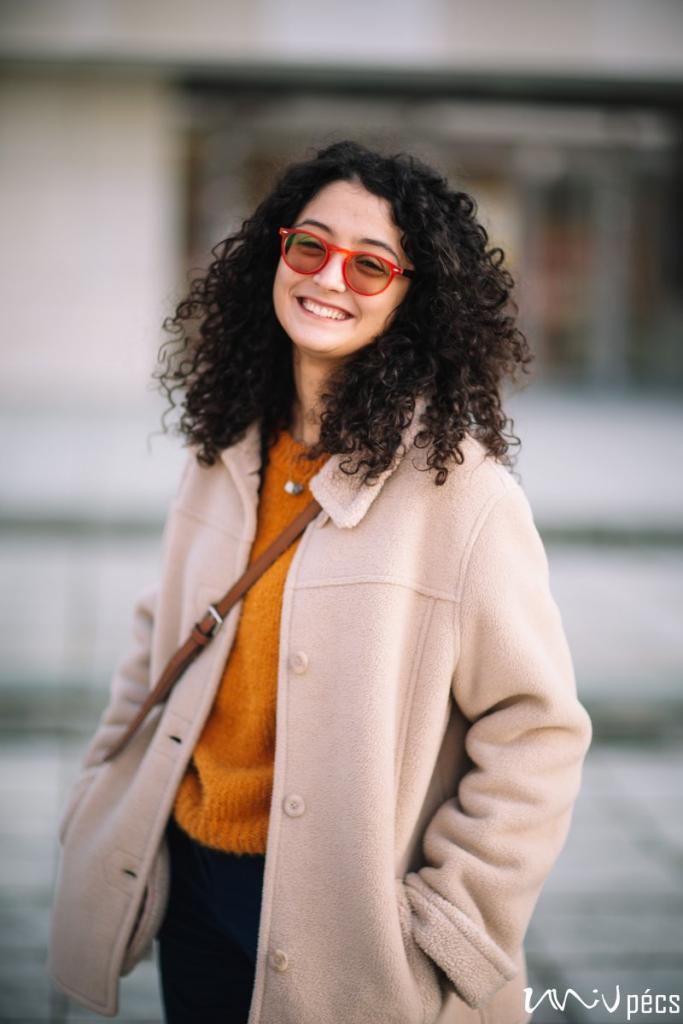
What was your experience about Hungary so far?
Actually, it was great, because by the time I arrived here, I had already experienced the cultural shock, when I visited Morocco few years before. There I have met so many people from all over the world. When I came to Hungary, I felt that I am a little bit more used to see so many people from many different countries and to have these talks about cultures, traditions, and differences seemed more natural.
So when I came here, it kind of felt like home to me. I like Pécs, because it reminds me of my hometown.
I live near the capital Tunis, in a suburb, about twenty minutes away by car. It is a small town, like Pécs. Even the atmosphere and this Mediterranean climate is similar.
How challenging do you find your studies?
I think the biggest challenge might be the language. It is great that I am learning many new things, especially in the PhD programme. As PhD student, we have to read so many scientific papers, books, and do quite a lot of research, digest a load of new information and have our own critical point of view.
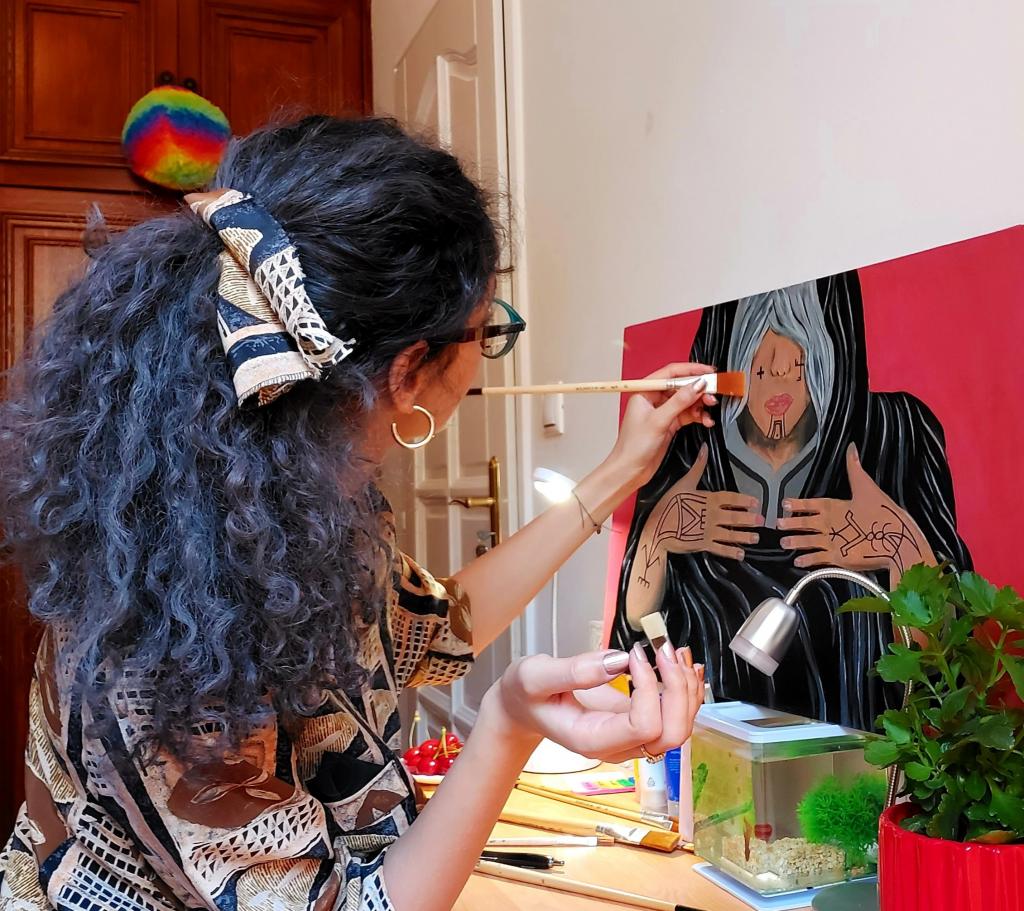
What do you think about society’s gender stereotypes about fields of study?
There are many people, who still believe that there are “manly” fields, and there are “female” fields, and that there is a clear separation between these fields. Growing up, I was often helping my father fixing things around the house, which inspired me to study in the field of engineering, architecture and design. I feel lucky to be able to choose what I would like to study.
When I won this award, one of my friends asked, what the competition was about, and I explained. Then he asked me, why there is never a competition to support men, who have difficulties in their fields, because of the judgement of society? First, I was surprised, and then I realized that it is true, men also have these gender stereotype type of problems, when they enter a field of study, which is considered to be more female, such as fashion design. For example, my friend was the only man in his class, he really suffered from this experience. Now, he is a cool fashion designer and he is known in Tunisia, he has his own brand. His work is great, and he fought for his dreams. Maybe if he did mechanical engineering or electrical engineering, he would not have had these difficulties, but would never be satisfied with his work.
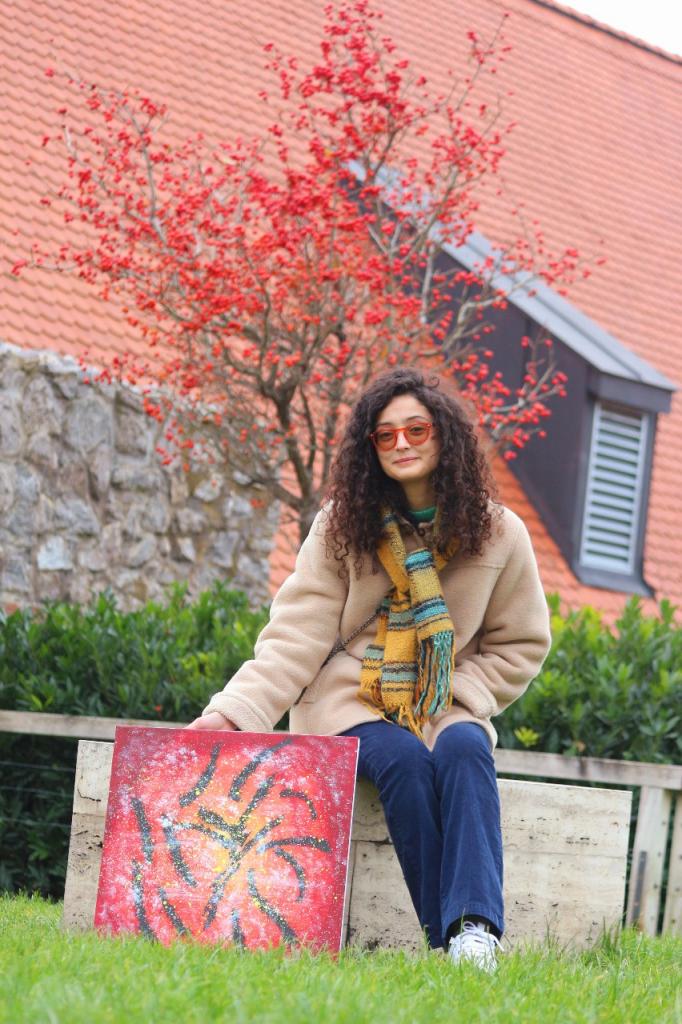
When you realized that you wanted to study in the engineering field, did your family support your decision?
Yes, absolutely, my family always encouraged me to study whatever I wanted. I even had to change high schools, because the one I started at, did not have technical subjects for engineering, so I had to go to another school to be able to learn those subjects, in a school, which was further away, but my family supported me. Maybe I am an exception in this respect, because definitely there are many women suffering from discrimination.
Do you have any advice for women, who are interested in engineering?
My advice: if you are interested in engineering, do not be scared. Any kind of growth is worth the fight, so do not down your own self, your skills; you can learn what is needed. Just bring your own skills to the table, where everyone is sitting. You have to make a huge difference!
You are awesome and we need you in the field of engineering!
by: Mariann Tóth
- Log in to post comments
University of Pécs | Chancellery | IT Directorate | Portal group - 2020.
